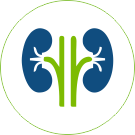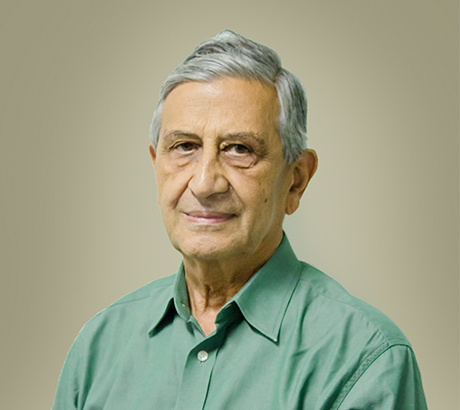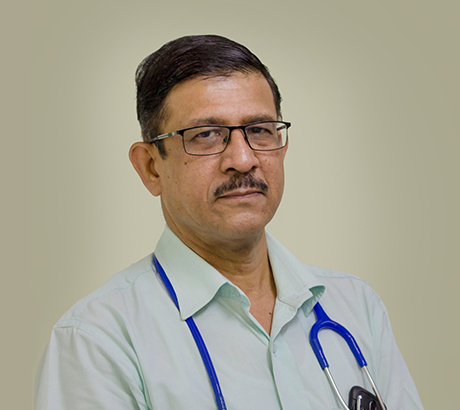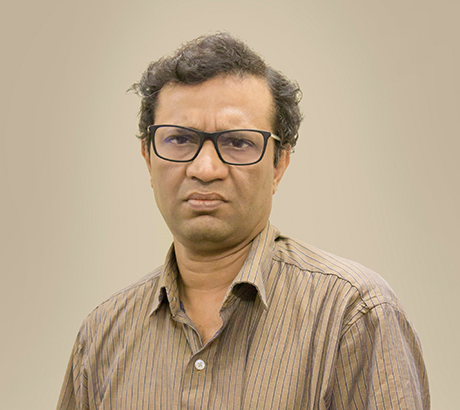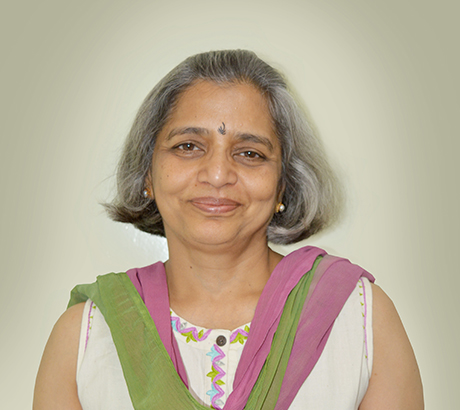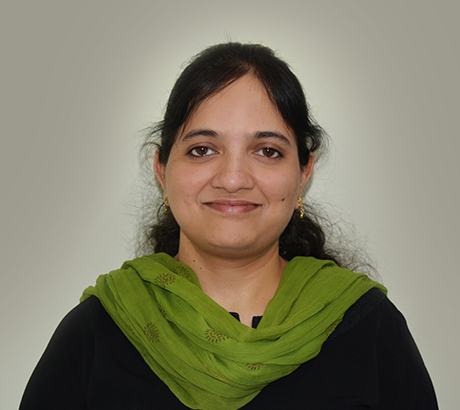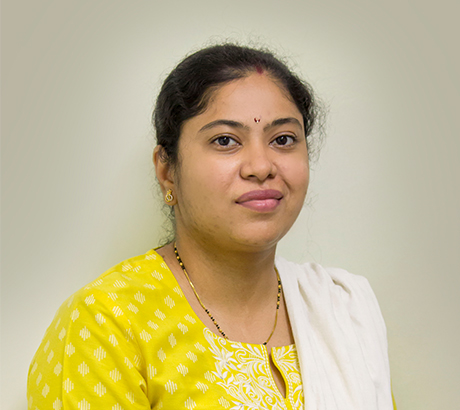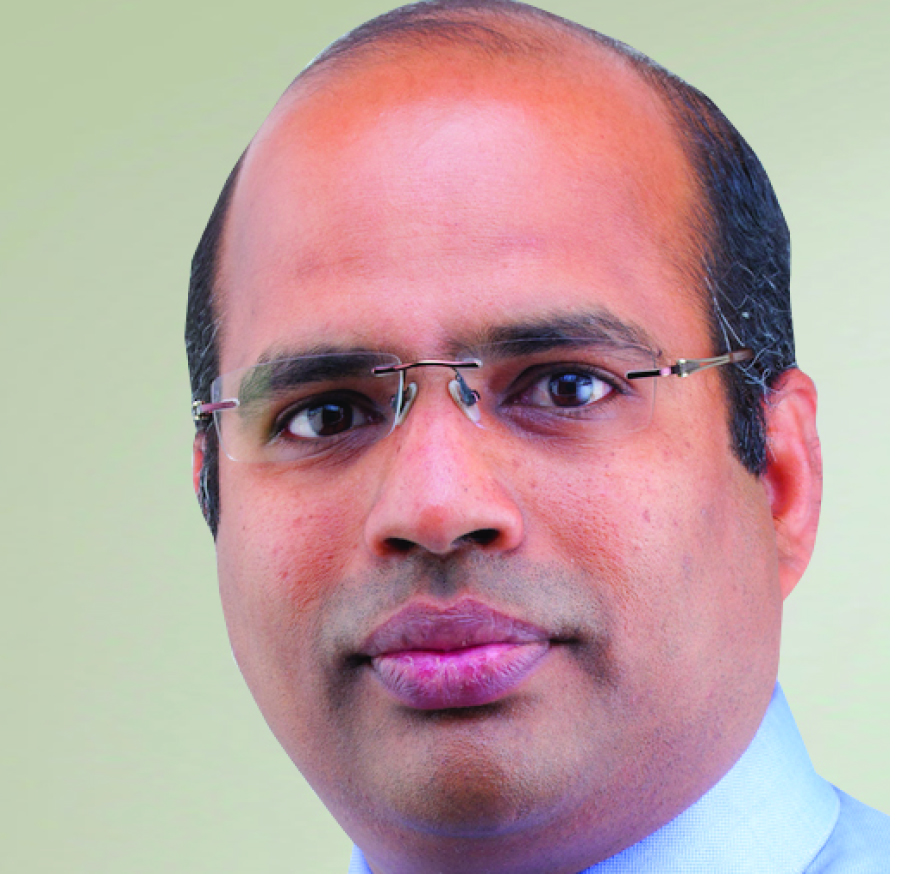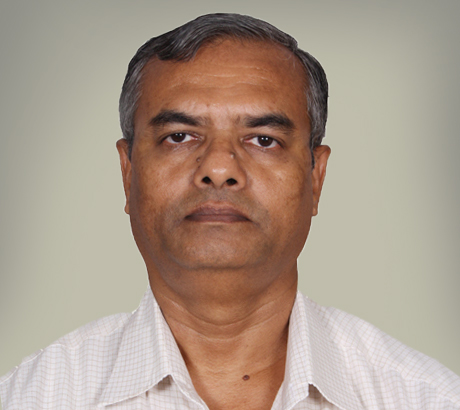Nephrology (Renal) - A Centre Of Excellence
Facilities span acute and maintenance haemodialysis (HD); all variants of HD including CRRT and SLED; peritoneal dialysis – both intermittent (IPD) and continuous (CAPD); and extra-corporeal therapies like plasma exchange.
A particular feature is the provision of dialytic therapies in the Critical Care Units, with 16 beds equipped for point-of-care haemodialysis. These include special treatments for critical septic / shock patients, even those not in renal failure (e.g. hemoperfusion therapies with Oxiris for cytokine storm in COVID-19 or severe sepsis, plasma exchange for ACLF, charcoal hemoperfusion for poisoning, etc)
All dialysis areas are equipped with RO plants producing ultra-pure water meeting stringent EU standards.
We have an active program, which began in 1991 and was based mainly on living related donors. We were also one of the first to enter the field of deceased donor transplantation in 1997.
We offer a comprehensive paediatric nephrology service – both indoor (IPD) and outdoor (OPD) – backed up by renal replacement therapies and a much-needed specialized bladder clinic. This service has received a grant from the Indian Society of Nephrology under the auspices of the Sister Renal Program to collaborate with the Paediatric Nephrology Service of the Great Ormond Street Hospital for Children NHS Foundation Trust, UK as level C pair.
Our department performs insertion and salvage of cuffed tunnelled catheters, fibrin sheath balloon disruption, angioplasty of AV fistulae and central veins as needed.
Our research includes single centre studies in haemodialysis, acute kidney injury, and genetic and functional studies in haemolytic uremic syndrome (HUS). We have also collaborated and participated in multicentre studies nationally and internationally in maintenance haemodialysis, acute kidney injury biomarkers with the AKIN network and on genetic studies with KEM Hospital Mumbai and MPUH Nadiad.
Specific research areas in paediatric nephrology cover: renal involvement in Wilson’s Disease, ambulatory blood pressure monitoring (ABPM) in diagnosis of hypertension in children with solitary functioning kidneys, and prevalence of haematological abnormalities in distal RTA.
Recently, our department also completed participating in a Multicentric Trial: Optimal dose of Cholecalciferol Supplementation in Children with Chronic Kidney Disease – An Open Label Randomised Control Trial.
A trained Dialysis and Transplant Coordinator counsels patients to help them adopt the most suitable treatment modality (i.e. dialysis or transplantation) for their condition. She facilitates compliance with treatment, follow-up and finding ways to overcome their financial and social difficulties. An extension of this work peculiar to our Unit is the Coordinator’s HR activities, in educating, updating, and effecting continued progress in staff attitudes. These activities are very relevant in promoting a cohesive team essential for good patient care.
- OPD Clinics: Adult General Nephrology OPDs are held twice a week, and Paediatric Nephrology OPDs are held thrice a week
- Dialysis and Transplant Clinic: is held once a week, which includes counselling for potential transplants
- Bladder Clinic: Multidisciplinary care by a team of paediatric nephrologists, paediatric surgeons and urologists for people with bladder disorders. It is equipped with state-of-the-art urodynamic equipment and has dedicated OPD / counselling areas.
Services offered:- Consultation for bladder related problems of all ages (adult and paediatric)
- Consultation for urological surgeries by paediatric surgeon / urologist
- Analysis of uroflowmetry
- Diagnosis through urodynamics
- Training for Clean Intermittent Catheterisation (CIC)
- Training for bowel care
- Treatment for urogynaecological issues
- Stone Clinic: is planned for the special investigation and management of urinary tract stones, backed up by more detailed stone analysis than presently available anywhere in the city
- Preventive Nephrology: the paediatric nephrology service has conducted a School Screening Program for hypertension in adolescent children (Classes VIII and IX) in 2018 – 2019 in 4 schools in Pune District and 900 school children were screened. This is of great importance, because up to 25% of adult chronic kidney disease may arise from undiagnosed and untreated paediatric kidney disease and hypertension.
The department has an active super-speciality teaching program. It is recognized for the DNB (Nephrology) of the National Board of Examinations, as well as the FNB in Paediatric Nephrology and Fellowship Courses of the Indian Society of Paediatric Nephrology.





